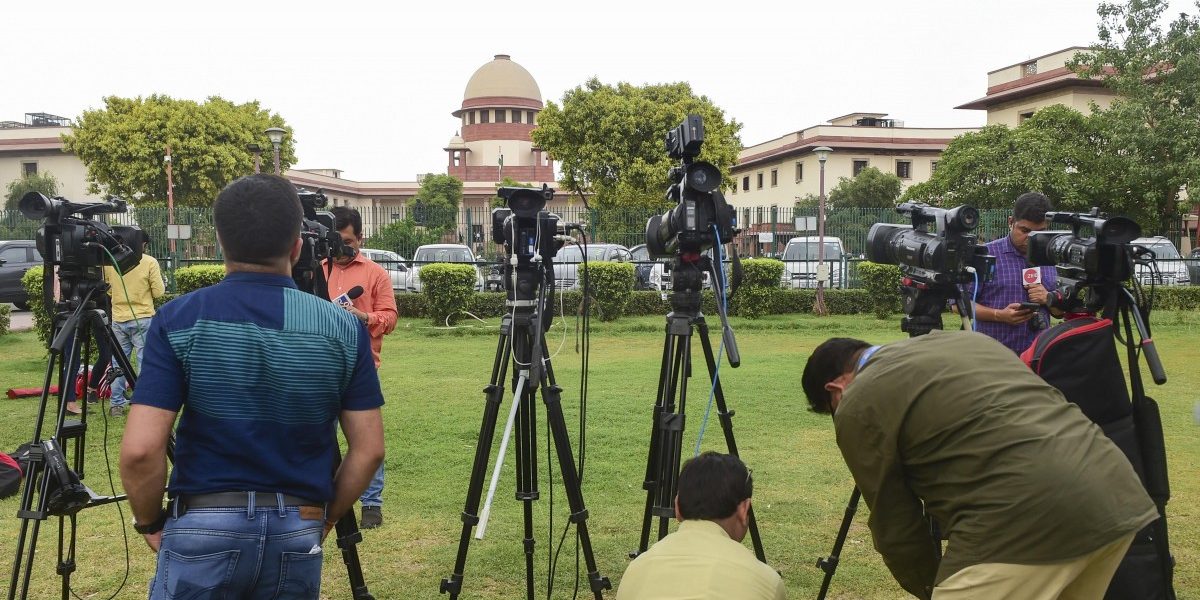New Delhi: The Supreme Court on Monday, October 31, once again said that persons conducting the ‘two-finger test’ to verify rape cases will be held guilty of misconduct and directed the Union government to ensure that survivors are no longer subjected to it.
The court noted that the test was based on the “incorrect” assumption that “a sexually active woman cannot be raped.”
“Nothing can be further from the truth,” a bench of Justices D.Y. Chandrachud and Hima Kohli said, according to LiveLaw.
The court also decried the lack of scientific basis of the test.
“This court has time and again deprecated the use of two finger test in cases alleging rape and sexual assault. The so called test has no scientific basis. It instead re-victimises and re-traumatises women. The two finger test must not be conducted..,” the bench said.
The bench also called the practice “patriarchal and sexist.”
“The probative value of a woman’s testimony does not depend on her sexual history. It is patriarchal and sexist to suggest that a woman cannot be believed when she states that she was raped merely because she is sexually active,” it added.
The bench directed the Union and state governments to ensure that the guidelines of the Department of Health and Family Welfare are circulated among all government and private hospitals, further asking for workshops to be conducted in which proper examination methods can be communicated.
The Supreme Court was hearing an appeal against the overturning of a conviction for rape by the Telangana high court.
In addition to the Supreme Court earlier, several high courts have, from time to time, decried the practice of administering two-finger tests.
The ‘two-finger test’ is also known as the per vaginal or PV test and was at one point commonly conducted on rape survivors.
As The Wire has reported earlier, this test has continued even after a proviso was added into the Evidence Act, under section 146, in 2003 which bans any reference to the past sexual history of the person.
In 2013, the Supreme Court, in the case of Lilu@ Rajesh VS State of Haryana has ruled that conducting the two- finger test was “unconstitutional”. Following this, the Union health ministry had brought guidelines for medico-legal procedures on survivors of sexual violence in 2014.
A Human Rights Watch report of 2017, however, noted that by that year only nine states had adopted the guidelines and that even states that have adopted the guidelines, do not always follow them.
A division bench of the Gujarat high court, in January 2020, observed that the practice was “archaic and outdated” and violated a survivor’s right to privacy, physical and mental integrity and dignity.
In January 2021, the Lahore high court in Pakistan held such tests as unconstitutional, referring to judgments by the Supreme Court in the 2013 Rajesh case mentioned above, along with orders by the Gujarat and Allahabad high courts.
This article was first published on The Wire.

